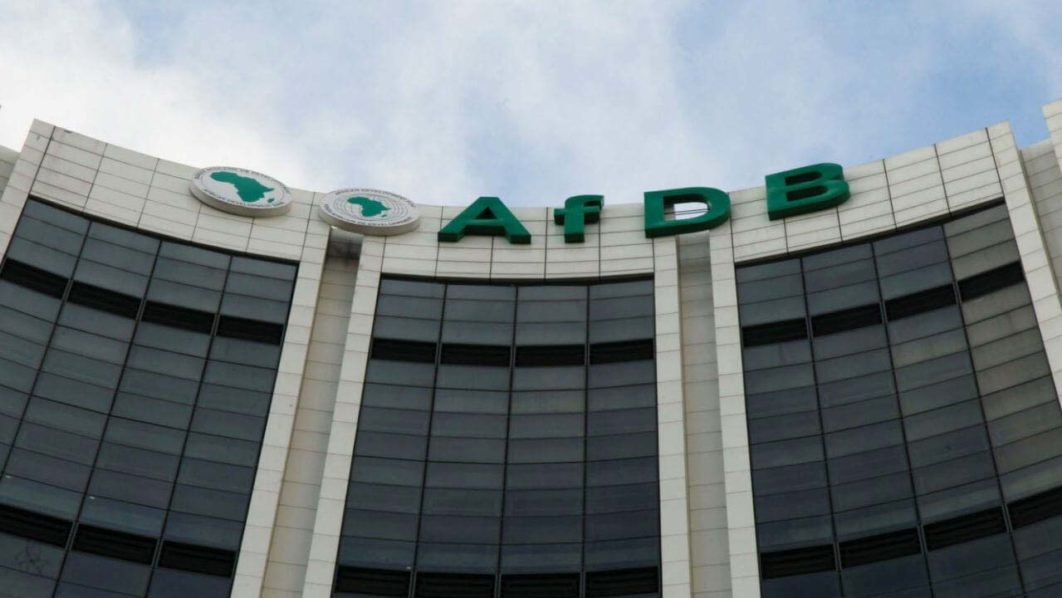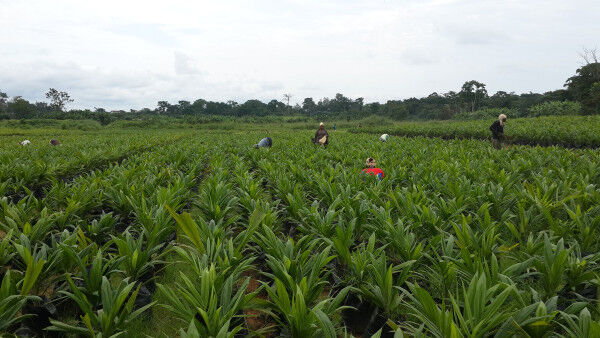
Development partners, including the African Development Bank (AfDB), the International Fund for Agricultural Development (IFAD) and the Islamic Development Bank (ISDB), among others have raised concern over the off take of the $538m loan by benefiting state governments for the industrialisation of agricultural sector.
The project code-named Staple Crops Processing Zones (SAPZ), conceived by the Federal Government and supported by the AfDB, IFAD and the ISDB was launched in 2019, to be implemented in seven states – Oyo, Kwara, Kaduna, Ogun, Kano, Kebbi and the Federal Capital Territory (FCT).
The aim of the project is to support in the development of SAPZ in high food production areas, to supply the domestic food market, as well as create exportable surpluses and to also capacitate smallholder farmers, small agro- processors, traders and community-based service providers to take advantage of the demand created by the SAPZ sustainably, to enhance their income, improve food security and ensure resilience to climate change.
The AfDB had provided $220m and through its goodwill raised a total of $538m from IFAD, ISDB and Africa Grow Together Fund for the first phase of the project.
It is however, unfortunate that five years after the project began; the disbursement rate is still about 1.2 per cent because benefiting states are not meeting with the bank’s conditions for the off take of the loan. The project over the years has been faced with lots of challenges in terms of speed of responding to the critical condition by the state government, human barriers, and the ‘carry me along syndrome’ among others.
The SAPZ, simply put is the creation of an agro industrial hub that gives room for cultivation and processing of agricultural products, it’s about localising agricultural development within communities and developing agricultural transformation centres around the hub with a processing, drying centre that would help reduce post-harvest losses and enhance productivity.
Farmers in this hub will then be provided with good agricultural practices, such as improved seed varieties, quality fertiliser, as well as capacity building.
Stakeholders are of the opinion that Nigerians are hungry today because of the behaviour of the elites, politicians whose personal interest overrides national interest and so would not be eager to see lofty projects like the SAPZ come into limelight.
The Senior Special Assistant to the AfDB President on Industrialisation, Dr Oyebanji Oyelaran pointed out that the bank had organised the SAPZ-I high level Implementation Acceleration Dialogue so that the project will not go down the drain like many others and the relevant authorities will have a better understanding. He disclosed that the bank has set December 20, 2024 as deadline such that any state government that is not willing to obey the rules will be cancelled.
“We believe that if we score 80 per cent in the implementation of this project we have achieved a lot. Out of the eight states participating in this project, three of them are funded by the ISDB, five supported by AfDB, of which three of them are playing by the rule. If all we get is four states, that is an achievement for us.
“India was able to achieve food security within three years through industrial revolution, as a country that was begging for food suddenly became food exporter and that is the cause we are fighting for Nigeria.”
Dr Oyelaran further advocate for intentional leadership structure for the country to ensure that the initiative succeed in its food security drive. He however, identified three key issues impeding the off take of the loan by the states to include lack of knowledge of procurement issues, inability of the states to obey rules of engagement and change of location for the SAPZ.
Describing what the project will look like when it fully takes off, Dr Oyelaran said: “Imagine a site providing direct employment for 25,000 people and then you see 20 of such across the country, then imagine people coming into the hub to process their Cassava, Cashew, Cocoa and other cash crops for both local consumption and exports, and then we stop spending over $4b on food importation, revolution of the rural communities among several adventures of the project.
“SAPZ is basically about transforming people from being an agrarian farmer operating destitution equilibrium into being an industrial farmer growing food for himself and export purposes,” he stated.
He said SAPZ has recorded huge success in Ethiopia, Gabon and some African countries, disclosing that the bank had brought it to Nigeria after a visit by the President of the AfDB, Dr Akinwunmi Adesina to the former President Mohammadu Buhari and was instructed to establish the programme in Nigeria.
According to the structure of the programme, the state is expected to take the loan and get a private sector partner to implement it, through whom the loan will be disbursed directly, reason why the project is government enabled and private sector driven.
The National Programme Coordinator, SAPZ, Dr Kabiru Yusuf said the loan agreement for the project involved the Federal Government guaranteeing the loan and unbundling it to the state government, reason the Federal Government has the National Coordinating unit to supervise the utilisation of loan signed with the development partners.
He expressed optimism that the states will ensure implementation of the project, saying SAPZ is a game changer for the diversification of Nigeria’s economy, making it possible for Nigerians to see agriculture, not just as a way of life, but as a profit making business.
Dr. Yusuf said: “SAPZ is a catalytic project for our economy. It’s a structured means of attracting investment from Nigerians in Diaspora, businessmen and it will also reduce our food import bill drastically.”
He pointed out that the *hitches recorded were because of the need for states to understand the roadmap and most of them are now on board on the project. Dr Kabir said: “We have adopted the Develop, Build and Operate (DBO) model for the SAPZ,” saying as soon as the states meet up with the financial agreement, the DBOs can be mobilised to the project sites so as to achieve President Bola Ahmed Tinubu aim of achieving food security,
He disclosed that by December the banks will be signing the agreement with the DBO contractors, after which by January they will be mobilised and hopefully in 12 months time a well built SAPZs will surface.
On the sustainability plan, he said the project is designed such that it is government-enabled and private sector-led, saying they are building catalytic infrastructure that will attract investments into value added processes.
Meanwhile, reports have it that seven participating states have expressed commitment to put the challenges impeding the project aside and commence its implementation in full swing.






